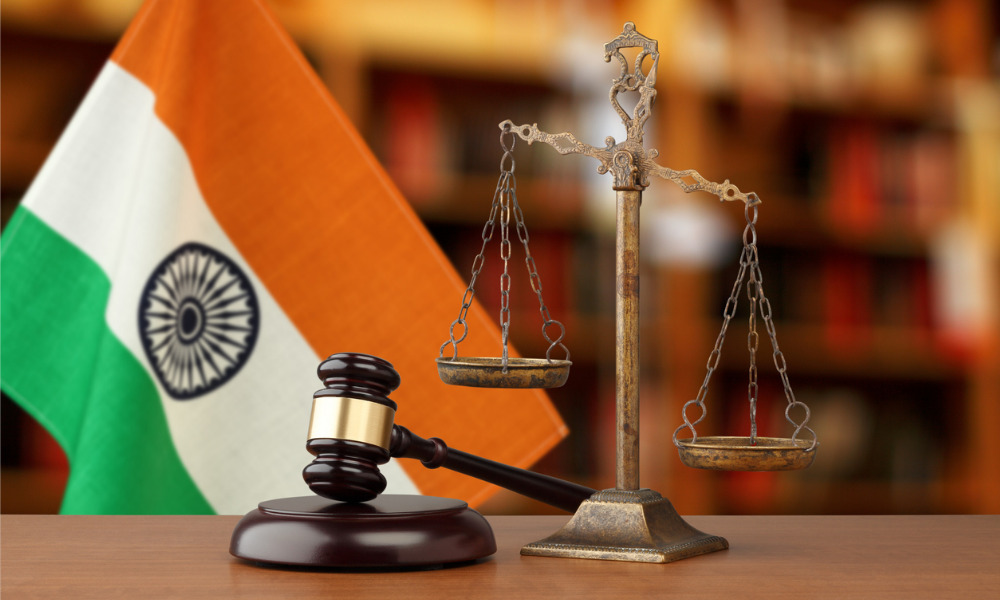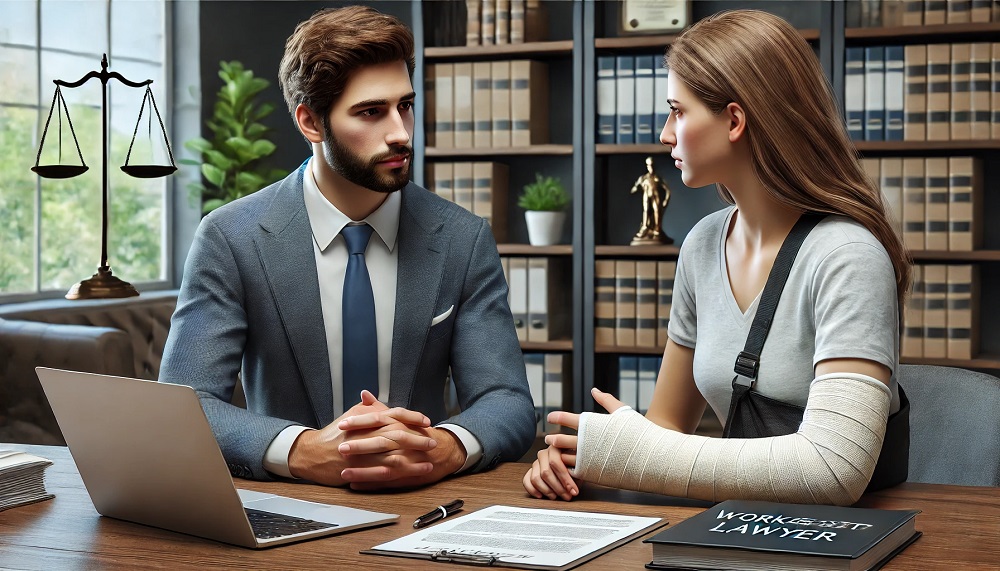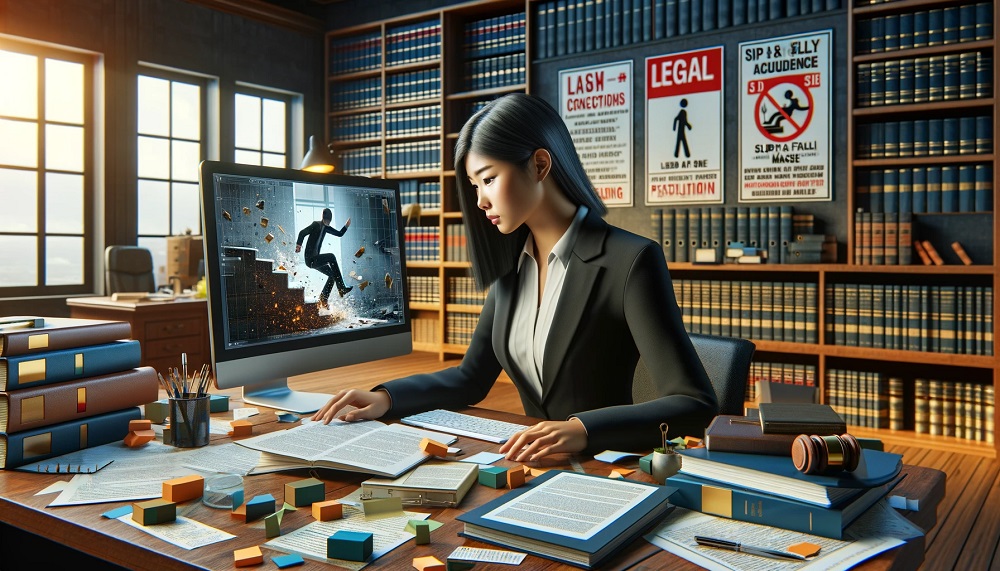The COVID-19 pandemic has caused governments worldwide to implement emergency measures to slow the spread of the virus. Many of these measures have been controversial, with concerns raised about the impact on civil liberties. While it is understandable that governments need to take action to protect public health, it is important to consider the long-term implications of these measures on our fundamental rights.
Examples of Pandemic Legislation
Since the outbreak of COVID-19, governments have implemented various laws and regulations to respond to the crisis. Some of these measures include:
- Mandatory mask-wearing
- Lockdowns and stay-at-home orders
- Travel restrictions
- Social distancing requirements
- Quarantine and isolation orders
While these measures have been effective in slowing the spread of the virus, they have also limited individual freedoms and created challenges for businesses and the economy.
The Impact on Civil Liberties

The pandemic legislation has had a significant impact on civil liberties. Some of the ways in which these measures have affected individual rights include:
- Restrictions on freedom of movement
- Limitations on freedom of assembly
- Increased government surveillance
- Interference with the right to work and conduct business
- Challenges to freedom of religion
Additionally, there are concerns about the disproportionate impact of these measures on marginalized communities. For example, low-income individuals may not have the resources to comply with quarantine orders or work from home, while racial and ethnic minorities may be unfairly targeted by law enforcement.
The Importance of Safeguarding Civil Liberties
While it is crucial to take measures to protect public health during a pandemic, it is equally important to safeguard civil liberties. Our fundamental rights are essential to a free and democratic society, and they should not be sacrificed without careful consideration.
As we continue to navigate the COVID-19 pandemic, it is important for governments to strike a balance between protecting public health and respecting individual rights. This can be achieved through transparent decision-making processes, clear communication with the public, and a commitment to upholding the rule of law.
The COVID-19 pandemic has had a significant impact on civil liberties, with governments implementing emergency measures to slow the spread of the virus. While these measures have been effective in protecting public health, they have also limited individual freedoms and created challenges for businesses and the economy. As we move forward, it is important to find a balance between protecting public health and safeguarding civil liberties, and to ensure that our fundamental rights are not sacrificed in the name of public safety.




